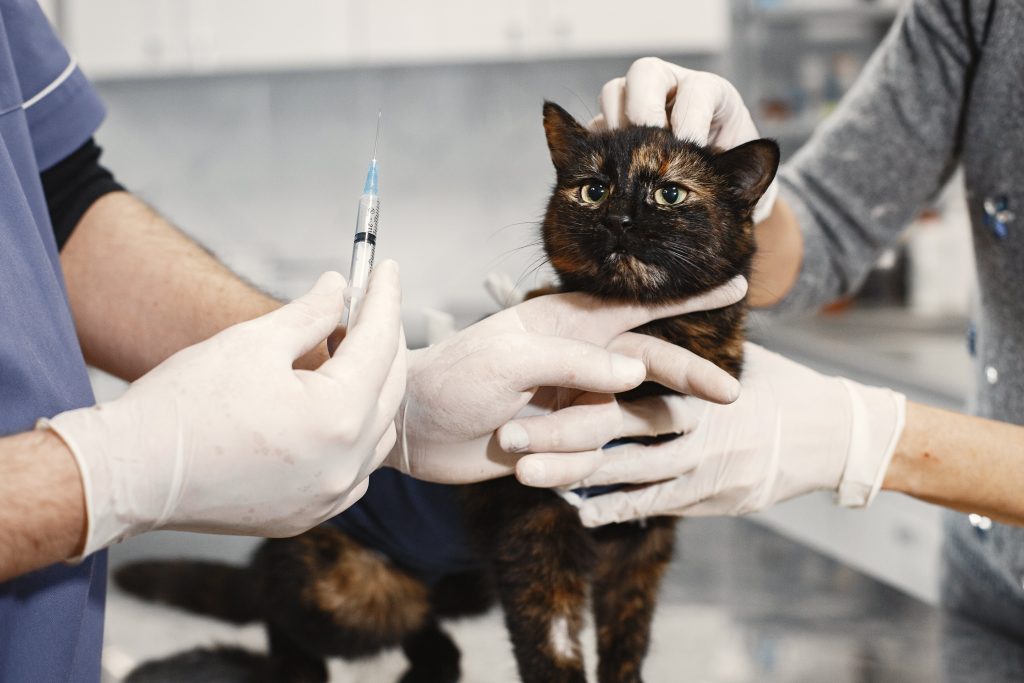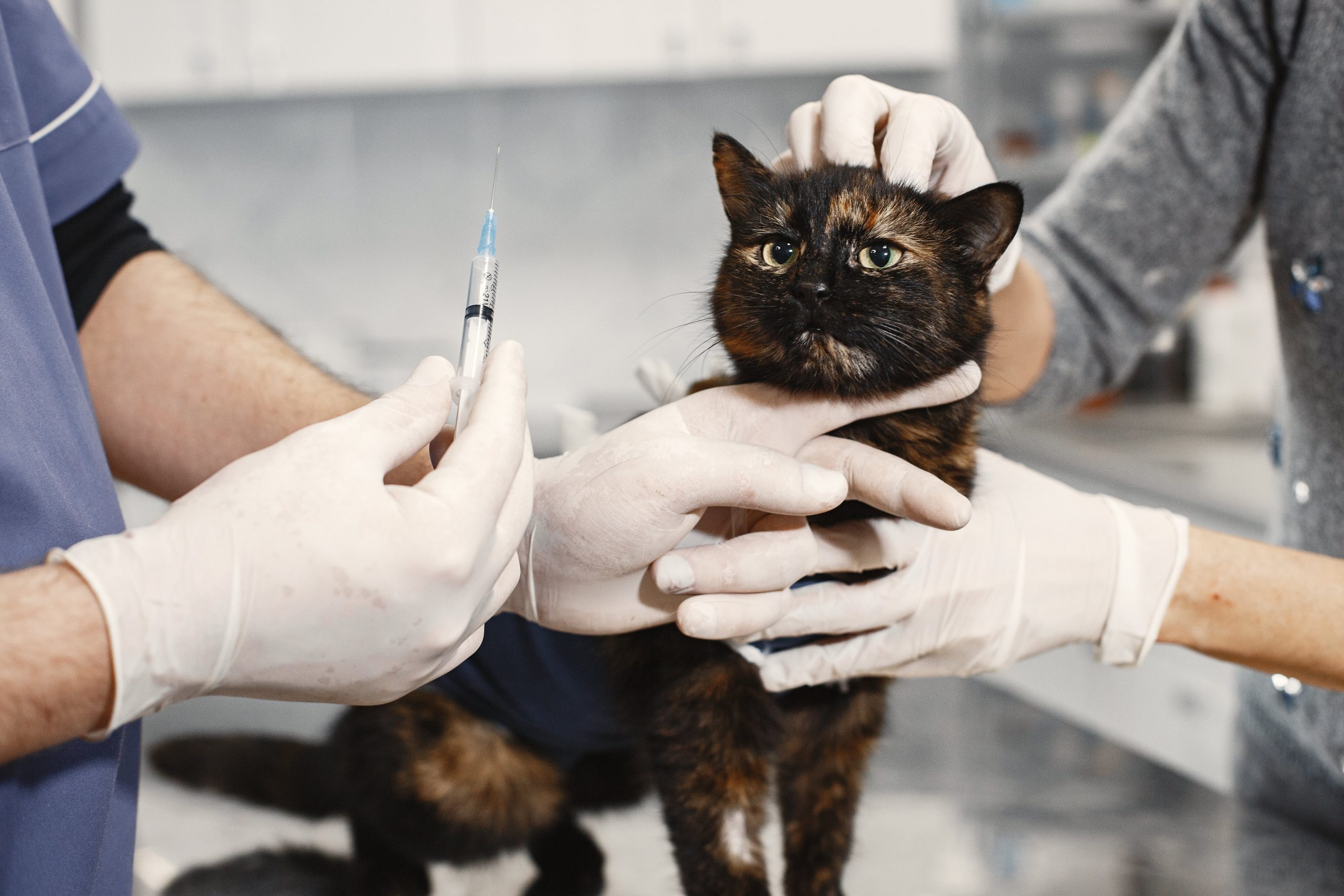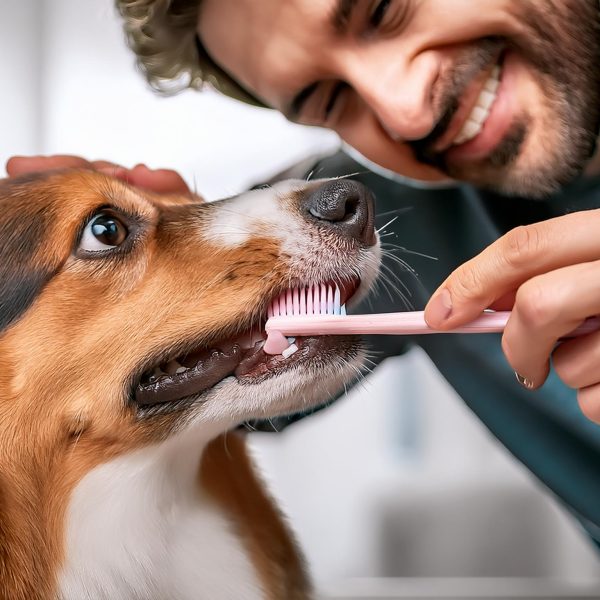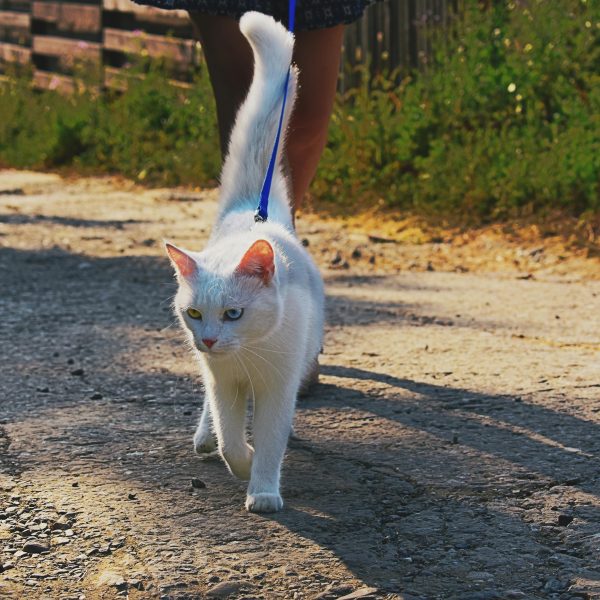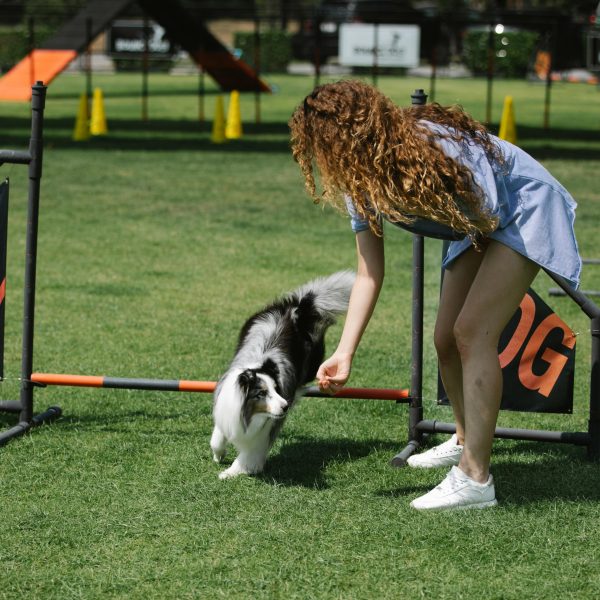Our beloved dogs and cats bring joy and warmth to our lives, becoming cherished members of our families. To ensure their health and protect them from diseases, it is crucial to establish a well-organized vaccination schedule. Vaccinations not only safeguard the wellbeing of our pets but also play a vital role in maintaining the health of our communities by preventing the spread of contagious illnesses. In this guide, we will explore the significance of vaccinations, the recommended schedules for dogs and cats, and how these vaccinations contribute to securing a life for our furry companions.
The Importance of Vaccinations
Vaccinations are fundamental in healthcare for pets. They work by stimulating the system to recognize and defend against infectious agents. By introducing forms or components of pathogens, vaccines prepare the immune system to respond swiftly and effectively when faced with infections.
Vaccinations offer advantages for dogs and cats:
- Disease Prevention: Vaccines shield pets from diseases that can be potentially life-threatening. Some of these diseases are highly contagious and can spread quickly, posing risks not only to individual pets but also to the overall pet population.
- Community Health: Herd immunity is a concept that is supported by vaccinations. When a significant number of pets are vaccinated, it helps limit the spread of diseases, providing protection to individuals such as young puppies and kittens who haven’t completed their full vaccination schedule or pets with weakened immune systems.
- Cost-Effective: Preventing diseases through vaccinations is often more cost-effective than treating the illnesses they can cause. Veterinary bills for treating diseases can be quite high, and vaccinations offer an affordable way to maintain your pet’s overall health.
- Long-term Well-being: A pet that receives vaccinations is more likely to enjoy an active life. Vaccinations play a role in preventing debilitating illnesses that could otherwise impact your pet’s quality of life.
Core Vaccinations for Dogs
- Canine Distemper Virus (CDV): Canine distemper is a viral disease that can be potentially fatal, affecting the respiratory, gastrointestinal, and nervous systems. Puppies are particularly vulnerable to this disease, making vaccination vital for their protection.
- Canine Parvovirus (CPV): Parvovirus causes illness and can be fatal, especially in young dogs. Vaccination serves as a measure against this highly contagious virus.
- Canine Adenovirus (CAV): Adenovirus can cause infections in the respiratory system and liver of dogs. Vaccinating your dog is important to prevent these illnesses, the disease caused by CAV-2.
- Rabies: Rabies is a disease that can affect all warm-blooded animals, including humans. It is not only crucial for your dog’s health but mandatory by law in many regions to get them vaccinated against rabies.
- Canine Parainfluenza Virus (CPiV): This virus contributes to kennel cough, which is a respiratory infection that spreads in environments where dogs are in close contact with each other. Vaccination plays a role in preventing the spread of kennel cough.
- Leptospirosis: Leptospirosis is a disease that can affect both dogs and humans. It is usually transmitted through contact with water sources. Vaccination offers protection against this disease.
- Bordetella bronchiseptica (Kennel Cough): Kennel cough is a respiratory infection. Dogs that frequently interact with other dogs, such as those staying in boarding facilities or visiting dog parks, require vaccination for their well-being.
Core Vaccinations for Cats
- Feline Panleukopenia (FPV): Also known as feline distemper, this contagious and often fatal viral disease affects the tract and immune system of cats. It is crucial to vaccinate kittens against FPV.
- Feline Calicivirus (FCV): Calicivirus is an infection in cats that can also cause mouth ulcers. Vaccinating your cat can help prevent the spread of this disease.
- Feline Herpesvirus 1 (FHV 1): FHV 1 is a type of herpesvirus that can lead to infections and eye problems in cats. Vaccination is important as it reduces the severity of symptoms and helps prevent the virus from spreading.
- Rabies: Like dogs, cats are also at risk of contracting rabies. It is crucial to vaccinate your cat to protect both their health and the safety of the community.
- Feline Leukemia Virus (FeLV): FeLV is an infection that weakens the immune system in cats, making them more susceptible to various health issues, including lymphoma. Vaccination is recommended for cats exposed to risks.
- Chlamydophila felis: This bacterium can cause conjunctivitis and respiratory infections in cats. It is advisable to vaccinate your cat, particularly if they are in environments where infection risks are higher.
Vaccination Schedules
Kittens (6-16 Weeks):
- 6-8 Weeks:
- First set of core vaccinations (distemper, parvovirus, adenovirus for dogs; panleukopenia, calicivirus, herpesvirus for cats).
- Administer the dose of core vaccinations.
- Initiate deworming.
- 10-12 Weeks:
- Second round of core vaccinations.
- Dogs should receive Bordetella vaccination (for kennel cough), and FeLV vaccination for cats.
- Second round of deworming.
- 14-16 Weeks:
- Administer the set of core vaccinations.
- Give a rabies vaccination.
- Complete the deworming treatment.
- Start using flea and tick prevention products.
Adult Dogs and Cats (Annually):
- Ensure core vaccinations are up to date (including distemper, parvovirus, adenovirus, and rabies for dogs; panleukopenia, calicivirus, herpesvirus, and rabies for cats).
- Provide leptospirosis and Bordetella boosters for dogs.
- Boost FeLV protection in cats living in high-risk environments.
- Regularly schedule check-ups.
Every 2-3 Years:
- Some vaccines like distemper and parvovirus may transition to a booster schedule recommended by the veterinarian every 2-3 years based on their judgment.
As Needed:
- Consider vaccinations or boosters based on your pet’s lifestyle and exposure risks.
A Lifelong Dedication to Health
In conclusion, establishing and adhering to a planned vaccination schedule is crucial when it comes to being a pet owner. Vaccinations play a role in preventing the spread of diseases while ensuring our cherished pets enjoy good health throughout their lives.

